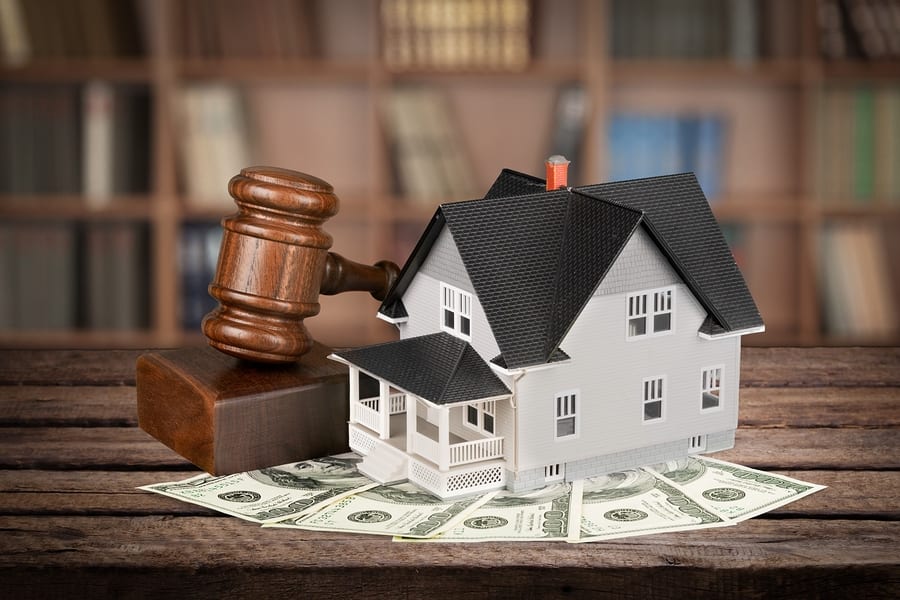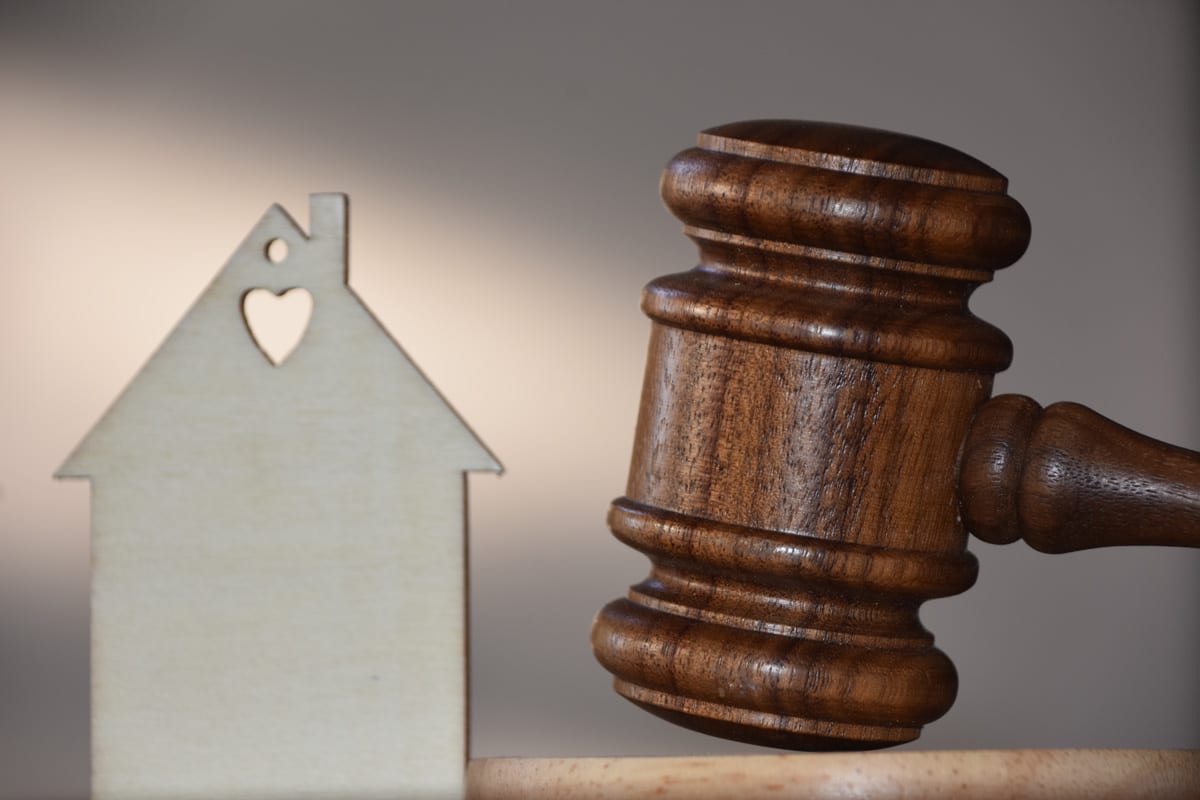If you are considering filing for bankruptcy, you may be concerned about the potential fate of any investment or rental property. In large part, what will happen will depend on whether you file for Chapter 7 or Chapter 13 bankruptcy.
The trustee in a Chapter 7 bankruptcy will cancel most if not all of your debt via liquidation of your assets and property so you can pay back your creditors. While there is a homestead exemption in a Chapter 7 bankruptcy, any real property in which you do not reside does not fall under this exemption. Thus, the equity you may have in your investment or rental property could be lost during a Chapter 7.
Types of Bankruptcy Chapter 7 vs. Chapter 13
Your property remains yours with a Chapter 13 bankruptcy, including investment real estate. Under Chapter 13, you will have to draft a repayment plan for the next 3 to 5 years, during which time you will repay some or all of your debts. Through your reorganization of your loan, you could end up having to pay less in the long run.
Significantly, any income derived from your investment property could drive up your monthly repayment to your bankruptcy trustee. You will need to stay on top of your payments on secured debt, for instance any mortgages or car loans.
So what’s the difference?
In essence, in a Chapter 7, your trustee will sell off your nonexempt assets in order to pay back your creditors. Under Chapter 13, you will have to create a repayment plan detailing how you will repay those creditors in exchange for getting to keep your property and potentially being able to pay less than you owe. Debtors usually have to pay their debts in full if they have a large amount of nonexempt property, however.
Creditors have the right to secure a debt you owe by repossessing your assets if you default on that loan, which means you will need to continue to make repayments on these loans in a Chapter 13 bankruptcy because such secured liens on your property will not be eliminated.
Real property is always a substantial investment of your time and resources. IF you are thinking about filing for bankruptcy, you need to speak with a professional Los Angeles bankruptcy lawyer who can let you know what your next steps should be to limit the fiscal impact.
Oaktree Law: Experienced Orange County Bankruptcy Attorneys
Oaktree Law has helped countless clients make the best financial decisions in dire straights. Call us today at (562) 219-2979 to discuss your case in detail.







